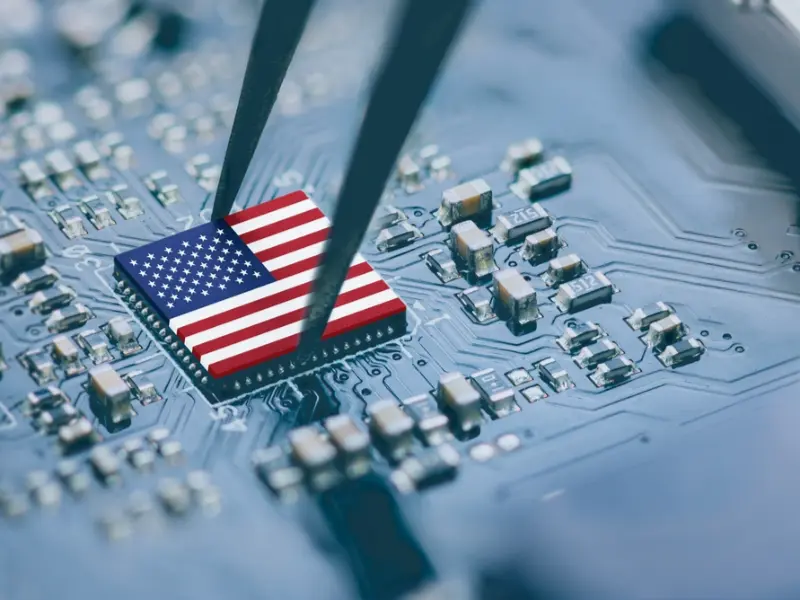- The US has imposed new export controls on quantum computing and semiconductor technology to comply with international security measures.
- The new rules could make it harder to hire foreigners, which could affect talent acquisition for small tech companies.
OUR TAKE
The United States has introduced new export controls on advanced technologies, including quantum computing and semiconductor manufacturing. These are in line with similar restrictions that have been put in place by international partners. The idea behind the new rules is to keep the country safe and make sure the US can still compete in cutting-edge areas. While the controls are designed to protect innovation, they might make it harder for small companies to hire the best people. In my opinion, these measures are necessary to protect sensitive technologies, but they need to be balanced carefully to avoid stifling innovation and workforce diversity.
–Heidi Luo, BTW reporter
What happened
The United States has imposed new export controls on quantum computing and advanced semiconductor technologies to protect national security. The measures, announced on Thursday, aim to restrict the transfer of sensitive technologies by aligning with similar regulations imposed by countries such as the UK.
The controls focus on technologies such as quantum computing, semiconductor manufacturing equipment and gate all-around field-effect transistor (GAAFET) architecture.
In addition to the technology restrictions, new reporting requirements have been introduced for companies employing foreign nationals working on quantum computing projects. While these rules focus primarily on the production of advanced semiconductors rather than their design, they are expected to affect the way US companies operate in these critical sectors.
Also read: U.S. chip export controls target China, allies exempted
Also read: US to tighten chip export controls to China
Why it’s important
Celia Merzbacher, executive director of the Quantum Economic Development Consortium (QED-C), said that while the US is trying to balance the new workforce regulations, they can still influence hiring decisions, even if only through reporting requirements.
She noted that the government recognises the critical need for quantum computing expertise and how limited the talent pool is, emphasising the importance of attracting top global talent to US companies.
However, Merzbacher noted that smaller companies may avoid dealing with the complexities of these reporting requirements by choosing to hire only US citizens, which could limit their access to highly valuable international talent.

